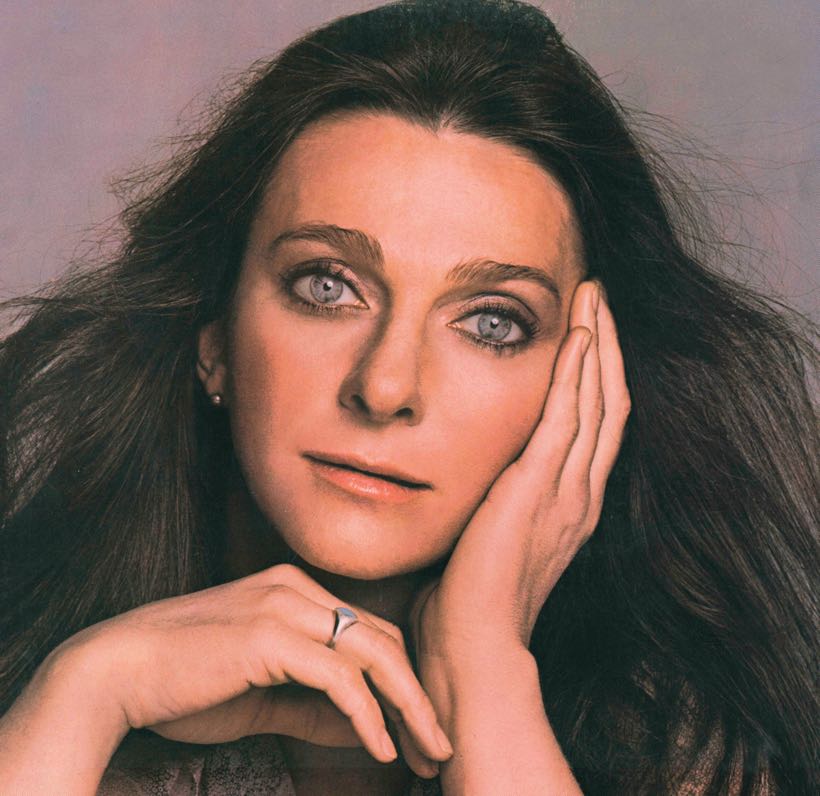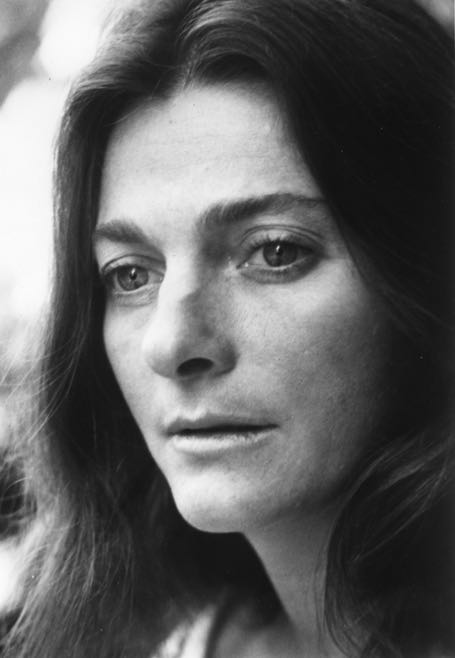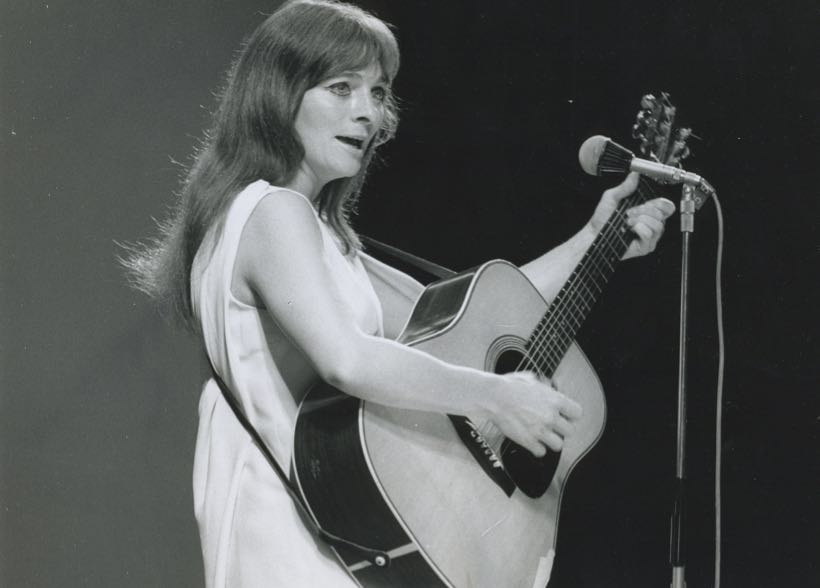Collins had gained her social conscience and the special gift of turning folk songs into art songs. Her crisp, clear soprano voice electrified audiences, carrying her to New York’s Greenwich Village and on to international fame. Her first album, A Maid of Constant Sorrow, was released in 1961 several months prior to Bob Dylan’s debut record. Collins stayed mainly with readings of traditional material on her early recordings, but she transitioned to singing the music of her contemporaries, bringing a wider audience to Joni Mitchell (“Both Sides Now” was Collins’s first commercial hit, in 1967), Leonard Cohen and Randy Newman. She also became the foremost American interpreter of the French composer Jacques Brel and began to write her own songs. At the close of the 1960s, Collins scored another hit single with Ian Tyson’s “Someday Soon,” singing about a cowboy from Colorado, and Stephen Stills wrote the Crosby, Stills & Nash classic “Suite: Judy Blue Eyes” about her. Collins enjoyed more commercial success with the 1975 Grammy Award winner “Send in the Clowns,” from the Broadway play A Little Night Music, and an a cappella cover of “Amazing Grace.”
Simply linking the prolific Judy Collins to the folk music tradition would be too limited a platform for her talent.




